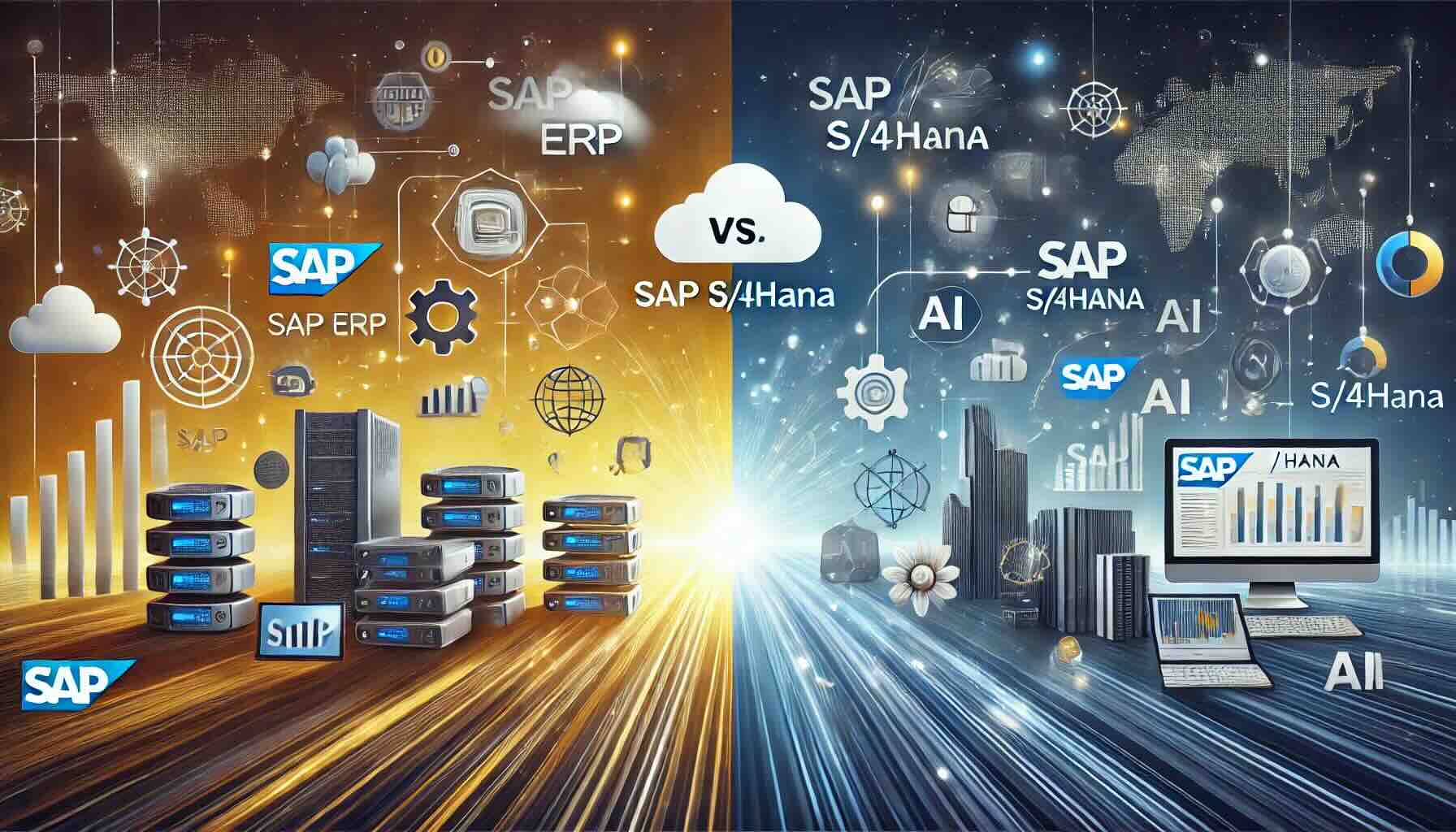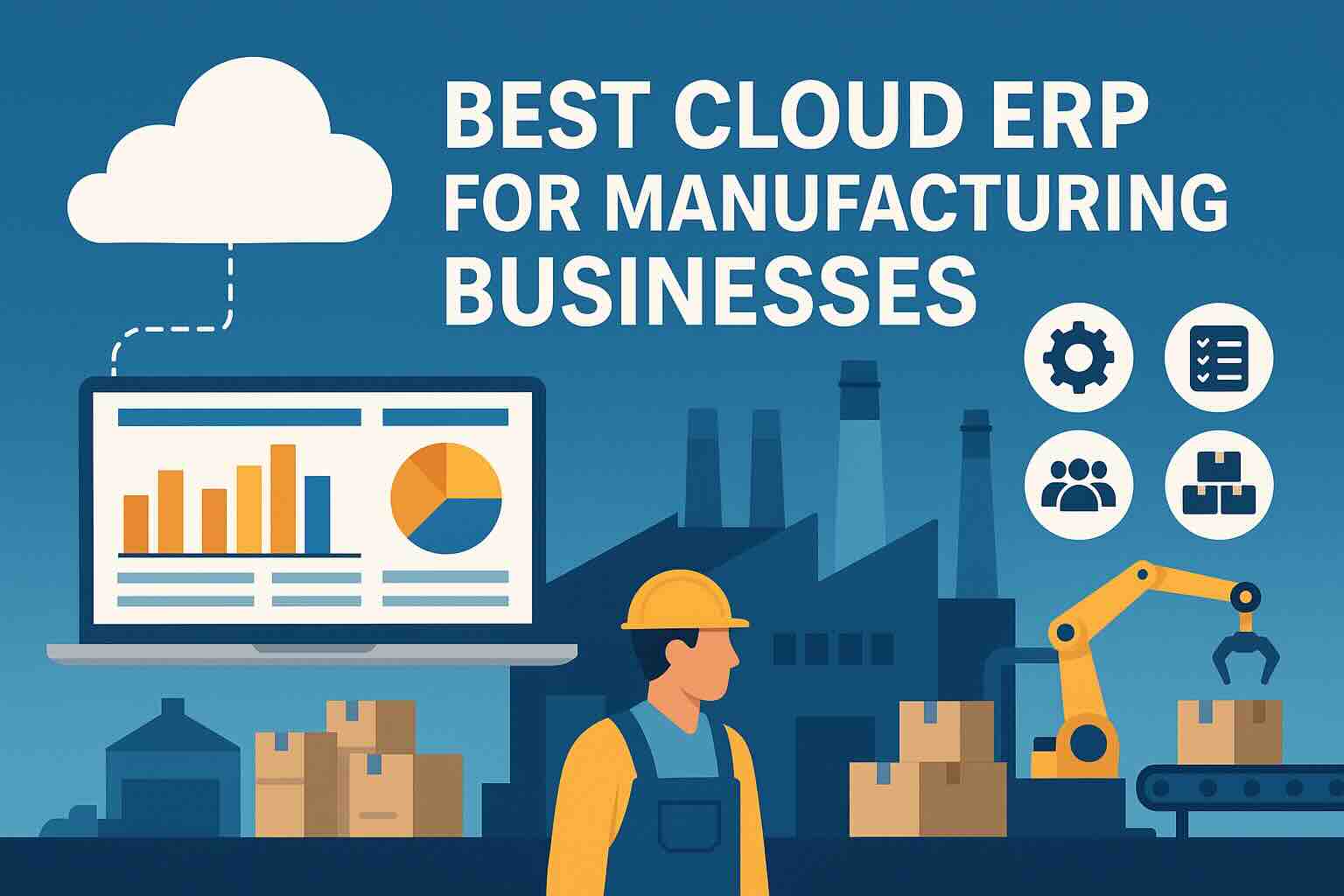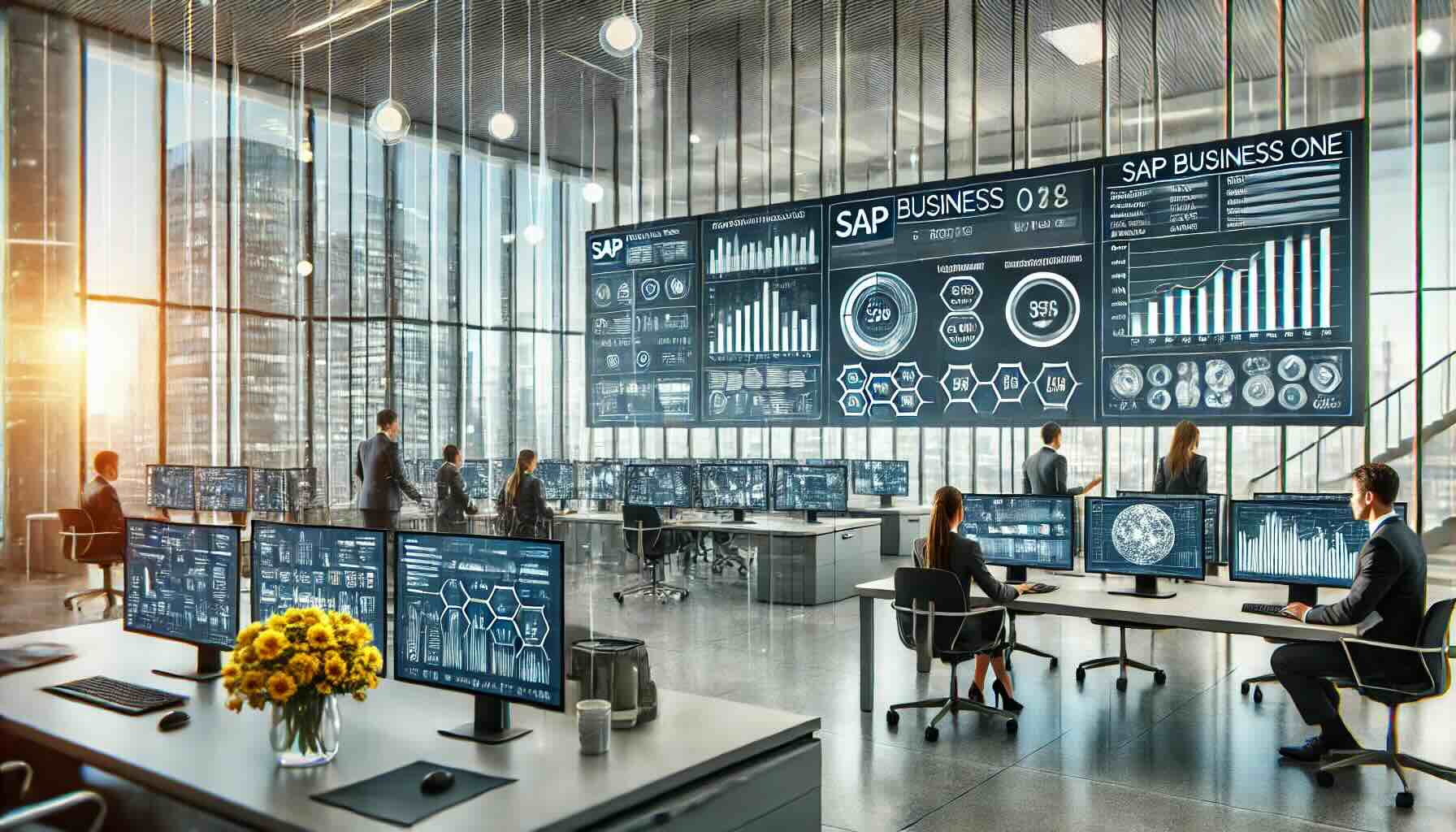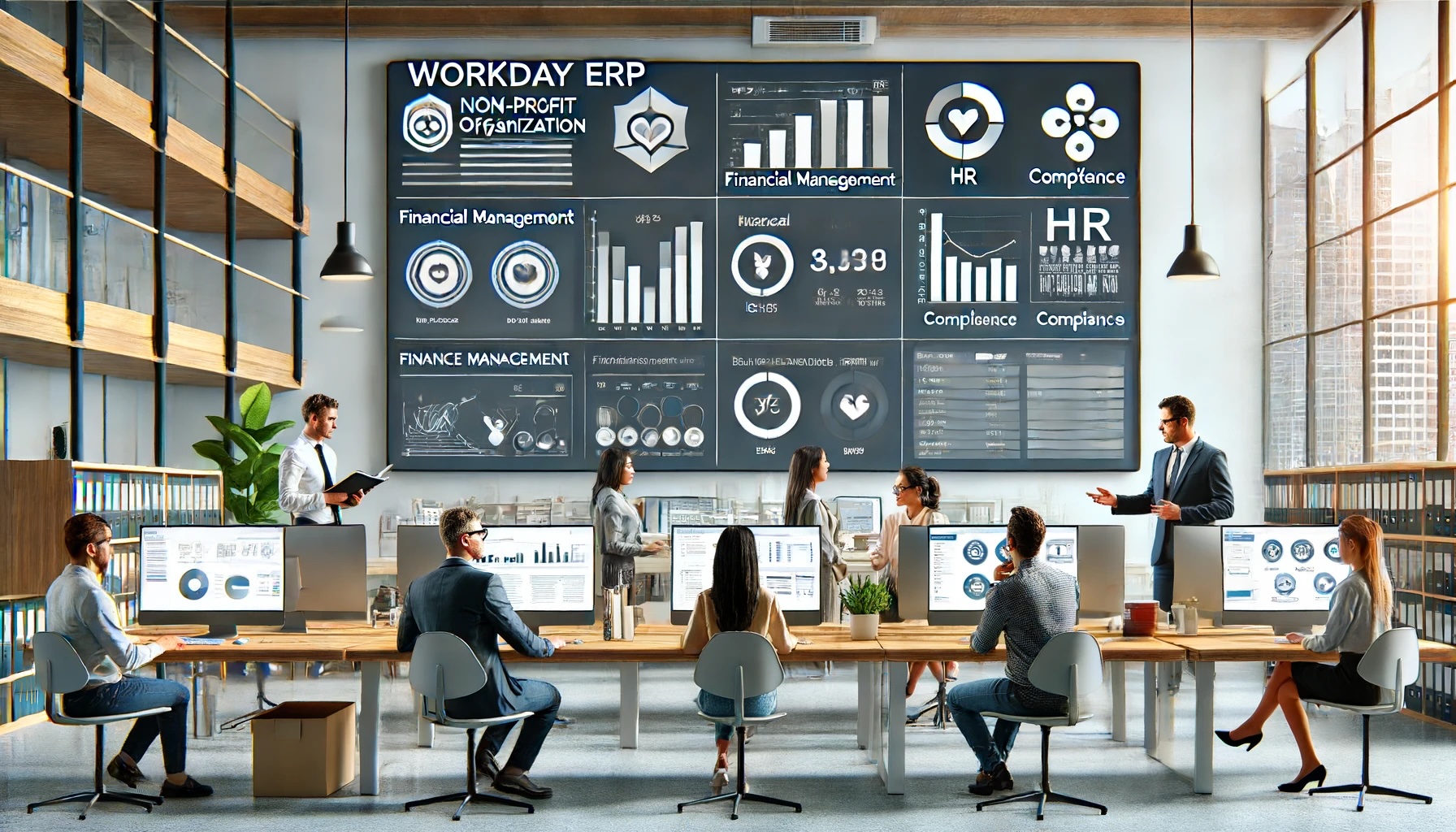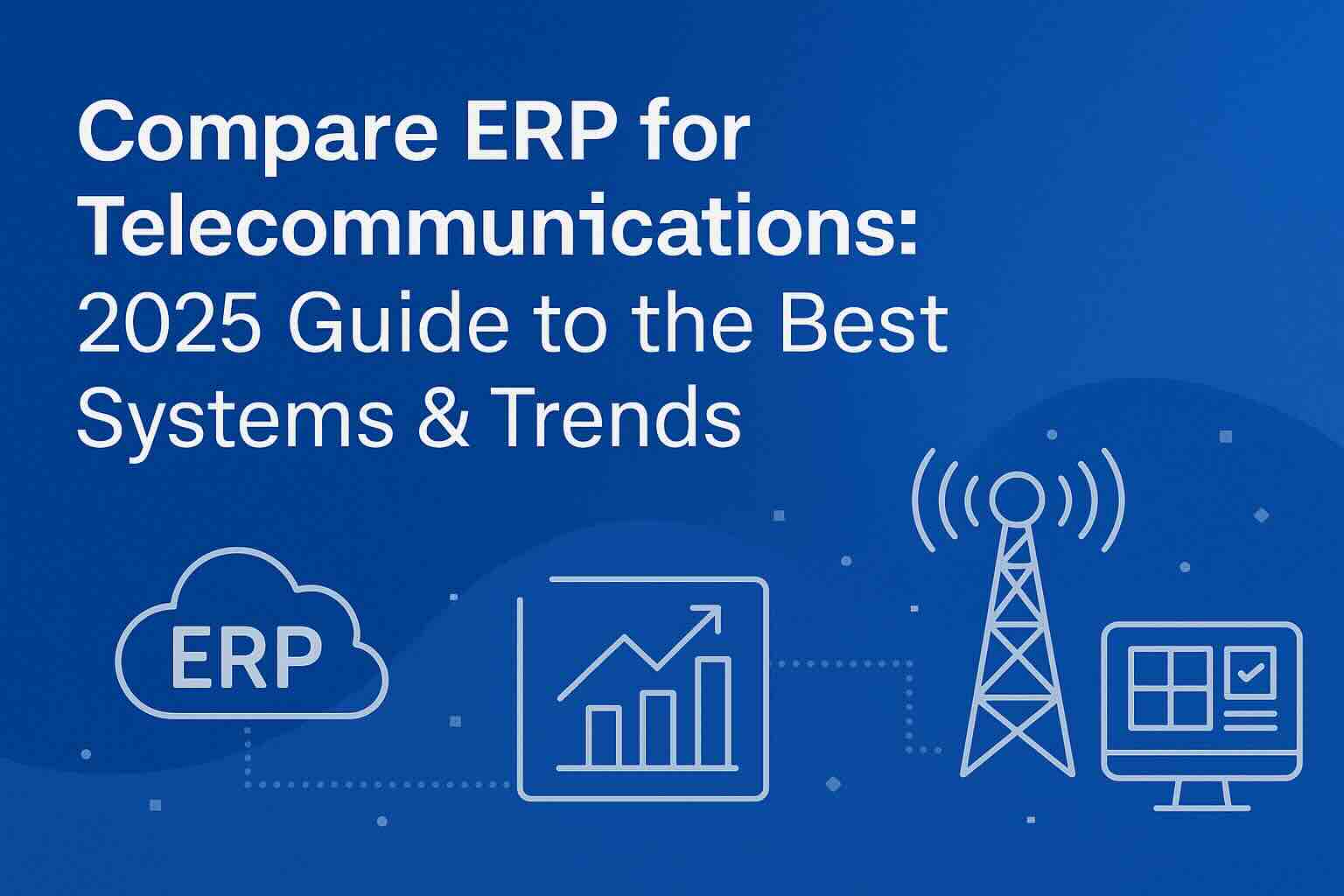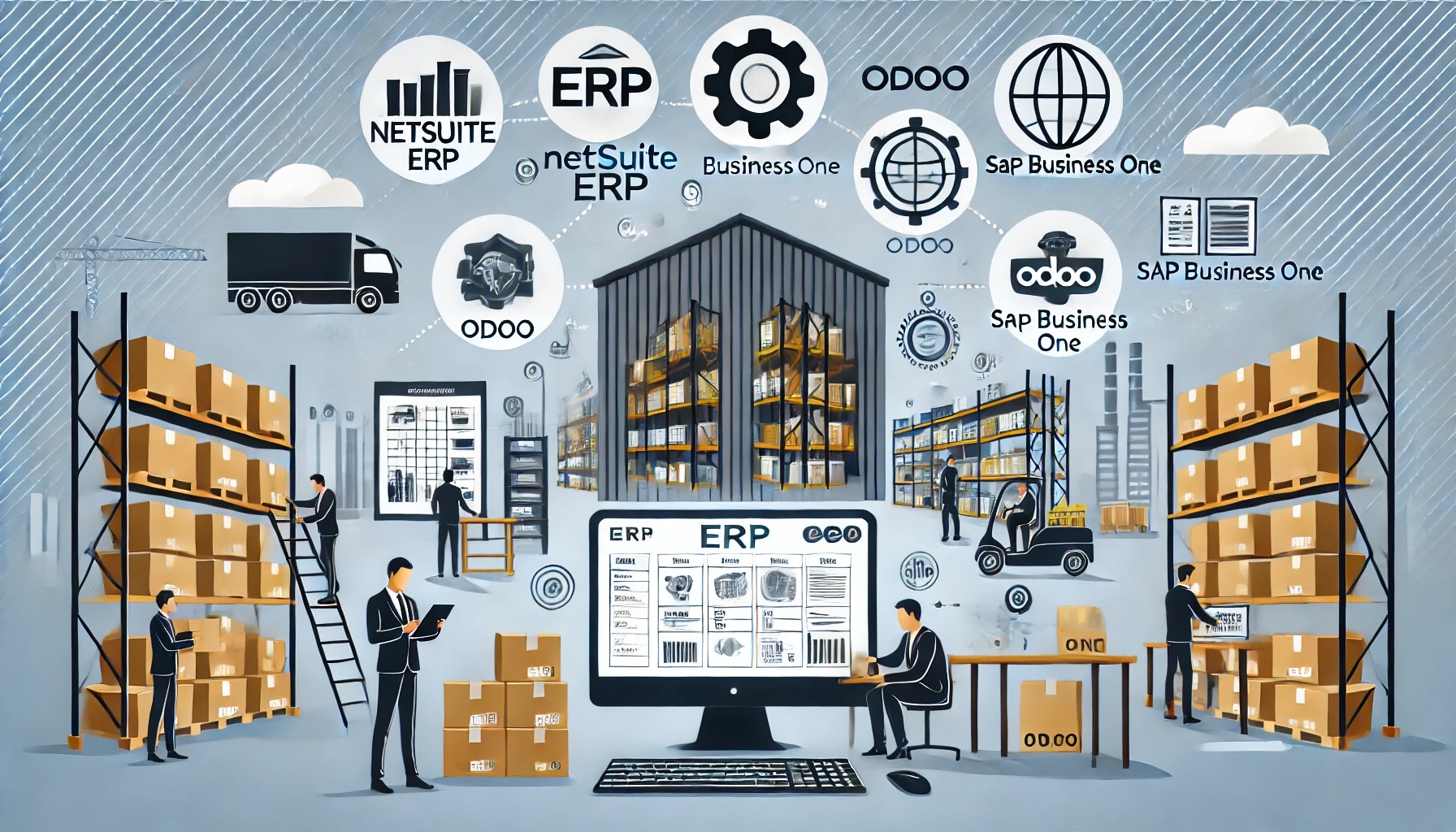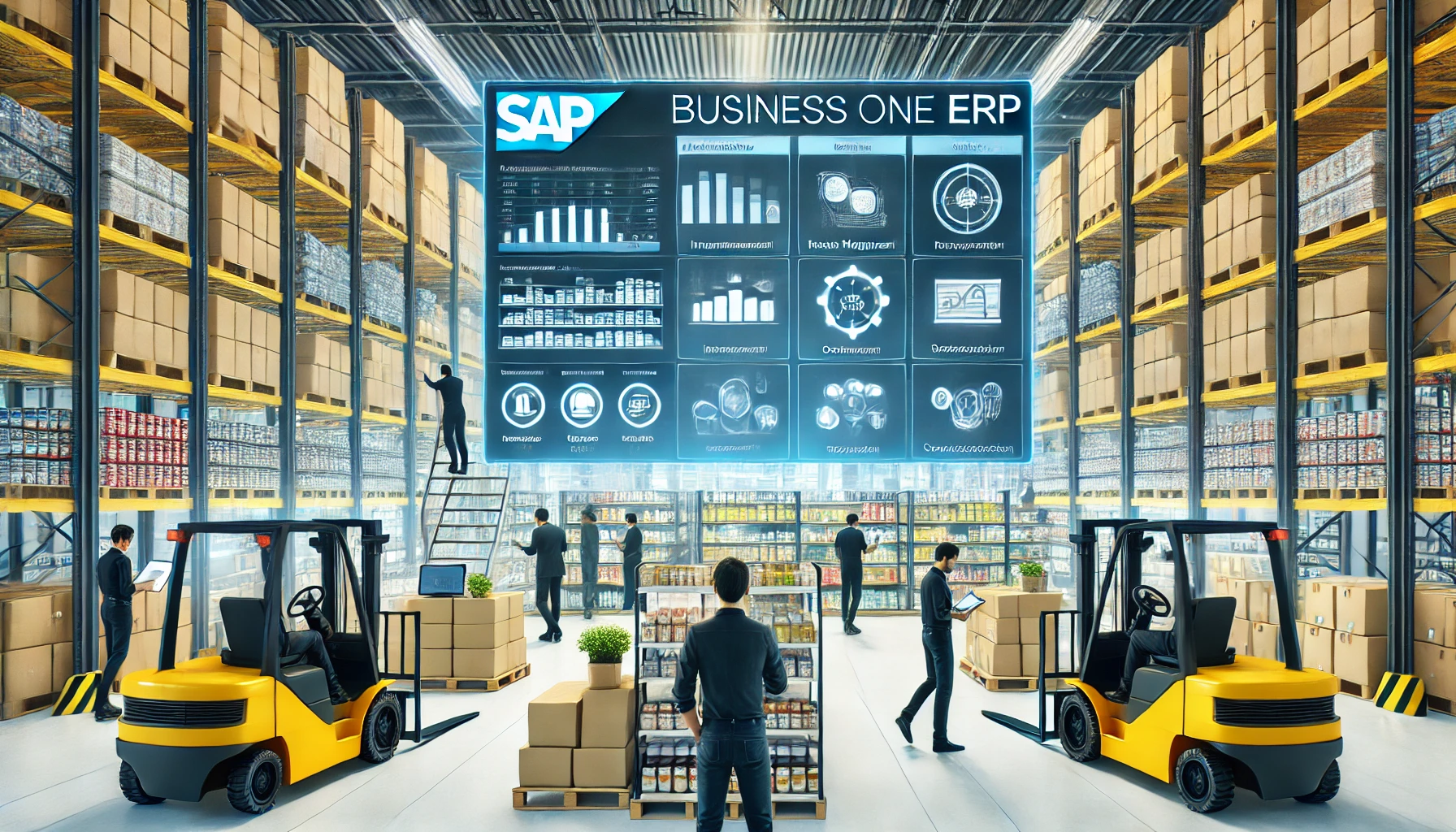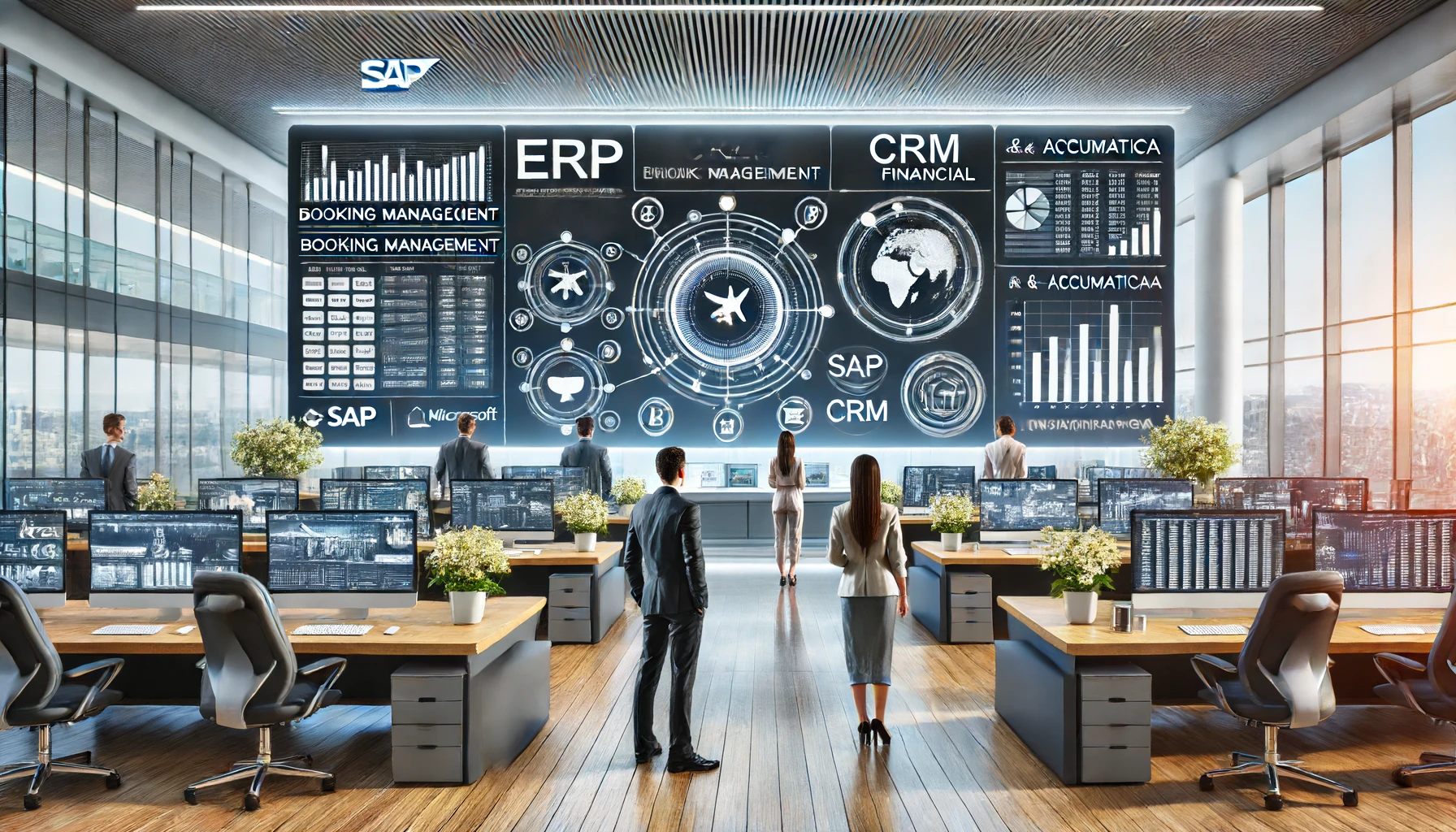Is SAP Business One a Good ERP for the Distribution Industry?

In the fast-paced and competitive world of distribution, businesses need a robust Enterprise Resource Planning (ERP) system to streamline operations, enhance efficiency, and drive growth. SAP Business One has emerged as a popular choice for many distribution companies. But is it the right fit for your business? In this blog, we will explore the features, benefits, and potential drawbacks of SAP Business One for distribution, helping you make an informed decision.
What is SAP Business One?
SAP Business One is an integrated ERP solution designed specifically for small and medium-sized enterprises (SMEs). It provides comprehensive tools to manage various aspects of a business, including finance, sales, inventory, and customer relationships. The software aims to simplify complex business processes and provide real-time insights to help companies make better decisions.
Key Features of SAP Business One for Distribution
- Inventory Management: One of the standout features of SAP Business One is its robust inventory management capabilities. It allows distribution companies to maintain optimal inventory levels, track stock movements in real-time, and reduce carrying costs.
- Order Management: SAP Business One streamlines the order-to-cash process. It automates order entry, processing, and fulfillment, ensuring timely and accurate deliveries. The system also supports advanced shipping features, including multiple shipping methods and tracking.
- Warehouse Management: Efficient warehouse operations are crucial for distribution businesses. SAP Business One offers tools for managing warehouse layouts, optimizing storage, and ensuring accurate picking and packing processes.
- Supply Chain Management: The software provides end-to-end visibility into the supply chain, from procurement to delivery. It helps in forecasting demand, managing suppliers, and ensuring timely replenishments.
- Financial Management: With integrated financial management, SAP Business One helps distribution companies maintain accurate financial records, manage budgets, and generate detailed financial reports.
- Customer Relationship Management (CRM): SAP Business One includes CRM functionality to manage customer interactions, sales opportunities, and service requests. This helps in building strong customer relationships and driving repeat business.
Benefits of Using SAP Business One for Distribution
Enhanced Operational Efficiency
By automating key business processes, SAP Business One significantly reduces manual tasks and errors. This leads to improved efficiency, faster order processing, and better resource utilization.
Real-Time Insights
SAP Business One provides real-time data and analytics, enabling distribution companies to make informed decisions quickly. Managers can monitor key performance indicators (KPIs), track inventory levels, and analyze sales trends to stay ahead of the competition.
Scalability
As distribution businesses grow, their ERP needs also evolve. SAP Business One is scalable and can adapt to changing business requirements. Whether you are expanding your product lines, entering new markets, or increasing your customer base, the software can support your growth.
Improved Customer Satisfaction
With efficient order management, accurate deliveries, and responsive customer service, SAP Business One helps distribution companies enhance customer satisfaction. Happy customers are more likely to become repeat buyers and brand advocates.
Potential Drawbacks
Initial Implementation Cost
The initial cost of implementing SAP Business One can be high, especially for smaller distribution companies. It involves licensing fees, hardware costs, and expenses related to customization and training. However, the long-term benefits often outweigh the initial investment.
Complexity
SAP Business One is a powerful tool with extensive features. This complexity can be overwhelming for some users, particularly those who are not tech-savvy. Proper training and support are essential to maximize the benefits of the software.
Customization Needs
While SAP Business One offers a wide range of functionalities, some businesses may require additional customization to meet their specific needs. This can add to the implementation time and cost.
Conclusion
SAP Business One is a strong contender for distribution companies looking to enhance their operational efficiency and drive growth. Its comprehensive features, real-time insights, and scalability make it a valuable asset for businesses of all sizes. However, it is essential to consider the initial implementation costs and the need for proper training and customization. By carefully evaluating your business needs and weighing the pros and cons, you can determine if SAP Business One is the right ERP solution for your distribution business.
Optimize your distribution operations and stay competitive with SAP Business One for distribution.
To compare SAP Business One with 100s of other ERP solutions, you can use our new AI-powered Compare ERP tool. It’s free to use and you get a guaranteed discount on your first year’s licence fees with a referral from Compare ERP.
